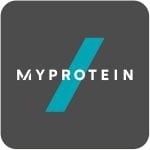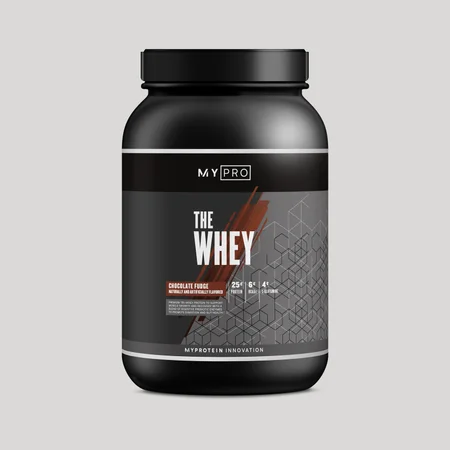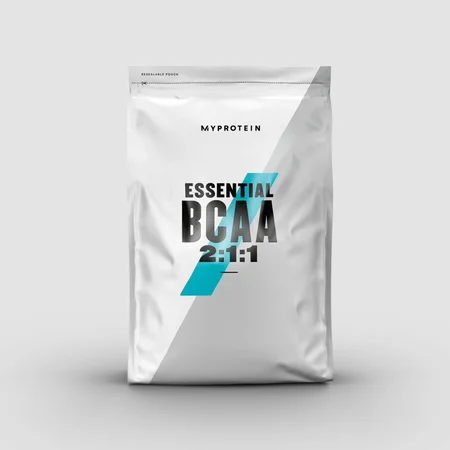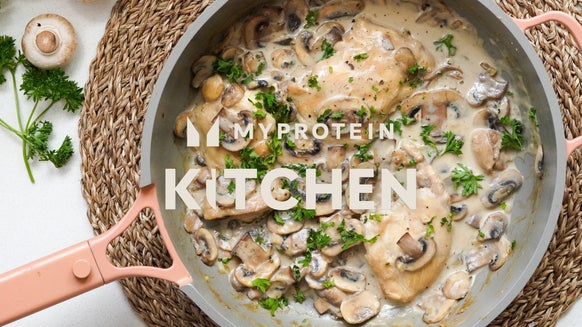
You’ve no doubt heard about the wonders that drinking red wine and grape juice can work on your skin, mind, performance, and overall health. But, do you know exactly why these drinks are helpful, or rather, what’s in them that’s makes them the next “wonder” supplement?
The magic behind red wine and grape juice is a powerful little compound known as resveratrol, which is quietly becoming a big player in the world of performance-enhancing supplements.
But before you go popping any old resveratrol supplement you find on the store shelves, read on to learn all the ins and outs of what this potent ingredient has to offer.
What Is Trans Resveratrol?
Resveratrol belongs to a class of organic chemicals known as polyphenols, which can be found in numerous foods you consume on a daily basis. Polyphenols act as antioxidants in the body, helping to eliminate free radicals and fight oxidative stress.
Resveratrol is a specific polyphenol found in grapes, tea leaves, blueberries, and peanuts. Resveratrol helps to protect grapes from the deleterious effects of bacteria and fungi that would otherwise spoil the plant. It is also the main reason why so many people are advocating drinking more red wine and grape juice, thanks to several studies documenting resveratrol’s numerous benefits on heart health.
However, it is worth mentioning that the concentration of resveratrol in red wine is much, MUCH lower than what can be found in the skins of grapes. If you really want to maximize your intake of resveratrol, and see what the compound can do for you, eat grapes, or invest in a high quality resveratrol supplement.
Benefits of Resveratrol
Resveratrol has been investigated for several benefits in regards to health and performance, including:
Combat Oxidative Stress
Oxidative stress is basically an imbalance between the production of free radicals in the body and the body’s ability to combat the spread through the use of antioxidants. Research demonstrates that resveratrol counteracts oxidative stress and ?-amyloid peptide-induced toxicity in cultured neuroblastoma.[3]
One of the key contributors to neurodegenerative diseases, such as Alzheimer's, is the proliferation of free radicals running rampant. Resveratrol is a powerful antioxidant that helps to prevent the accumulation of free radicals, which in turn preserves cognitive function.
Reduce Estrogen Levels
Testosterone is the hormone most associated with building muscle, whilst estrogen is the complete opposite. It’s associated with increased body fat, reduced muscle mass and strength. If maximizing your work in the gym is a top priority, then limiting estrogen production is crucial.
Clinical trials suggest that resveratrol might also function as an estrogen agonist, i.e., resveratrol binds to estrogen receptors, thereby preventing estrogen production. Along those same lines, resveratrol may also inhibit aromatase, an enzyme required by the body to synthesize estrogen.
Thus, resveratrol helps to increase testosterone in two ways, by preventing its conversion to estrogen and then inhibiting the production of estrogen by neutralizing the aromatase enzyme.
Cardiovascular Protector
Finally, resveratrol has been documented to positively affect the body’s cardiovascular system. Research demonstrates that resveratrol inhibits platelet activation and aggregation, whilst encouraging vasodilation by boosting the production of nitric oxide (NO).[4,5,6,7] Greater nitric oxide (N.O.) production is known to have a number of performance-enhancing qualities, including increased endurance and resistance to fatigue.
Furthermore, short-term resveratrol supplementation can improve glucose and lipid metabolism, as well as total cholesterol, blood pressure, triglycerides, and liver function.[8,9]
Short-term supplementation with resveratrol has been associated with beneficial effects on glucose and lipid metabolism in individuals with type 2 diabetes. In these cases, the level of HDL-cholesterol was increased, whilst the level of LDL-cholesterol and systolic blood pressure were significantly reduced. No changes were found in measures of diastolic blood pressure, total cholesterol, triglycerides, or markers of liver function (131). Additionally, in a randomized, open-label, and controlled study, the effect of oral resveratrol (250 mg/day) on glycemic control and lipid metabolism was assessed in 62 type 2 diabetics (132).
Dosage of Trans Resveratrol
The typical dosing recommendation for resveratrol is around 250-600mg per day. Higher doses have been administered with no serious adverse effects; however, mild gastrointestinal distress, abdominal pain, and nausea are associated with taking more than 1g per day.
One last point to note is that there is some evidence suggesting that resveratrol may interact with Coumadin, a prescription drug. Individuals using blood thinners should consult a physician prior to supplementing with resveratrol.
Takeaway
Resveratrol is rapidly gaining attention, and for good reason. It protects the heart, mind, and body, as well as contributing to improved performance and muscle-building. More research still needs to be conducted to identify the ideal dose, but one thing is clear. Resveratrol is a wide-ranging, highly effective supplement suitable for virtually any athlete looking to improve their health and performance












